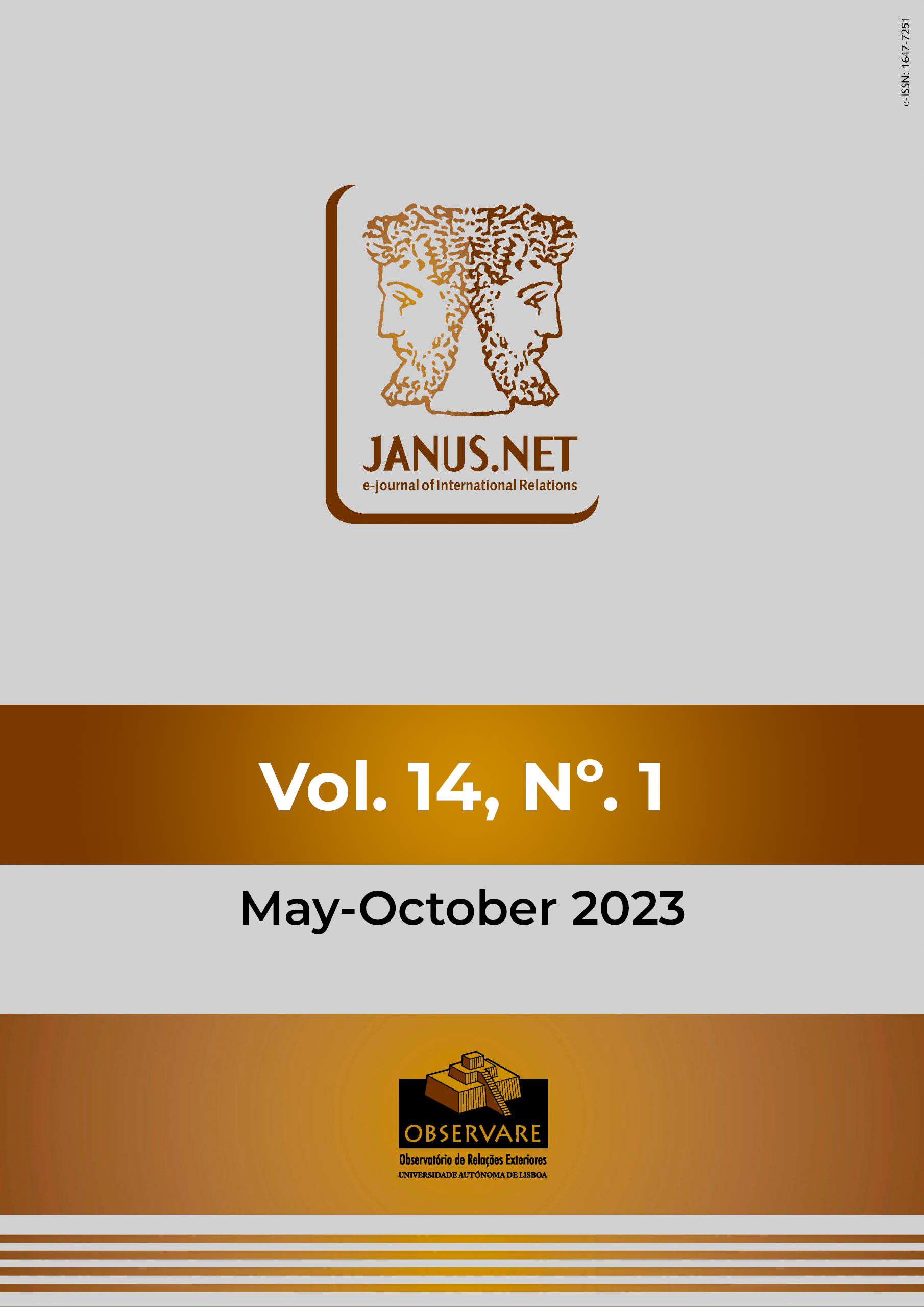GAME CHANGE IN THE GULF OF GUINEA: THREE INTERTWINED PERSPECTIVES ON SINO-EQUATOGUINEAN COOPERATION
DOI:
https://doi.org/10.26619/1647-7251.14.1.10Keywords:
Republic of Equatorial Guinea, People’s Republic of China, Belt and Road Initiative, Portuguese-Speaking Countries, Forum MacaoAbstract
The Republic of Equatorial Guinea (EG) joined the Forum for Economic and Trade Cooperation between China and Portuguese speaking Countries (Forum Macao) in 2022, becoming the tenth member-state. This occurred during the 2022 Extraordinary Ministerial Conference, after it acceded to the Community of Portuguese-Speaking Countries (CPLP) in 2014. Since 2015, China and EG have been intensifying their bilateral cooperation after establishing a comprehensive cooperative partnership (Ministry of Foreign Affairs of the People’s Republic of China, 2015). In 2019, the two countries signed a Belt and Road Initiative (B&RI) MoU during the second Belt and Road Forum in Beijing, and initiated a strategic approach for bilateral cooperation. Consequently, considering the uniqueness of EG as a Portuguese-speaking Country (PSC) and as the newest member of Forum Macao, this paper poses and answers the following research question: What will be the impact of Sino-Equatoguinean cooperation in light of EG’s recent accession to FM? Methodologically, the research uses qualitative data supported by triangular referencing, including official and non-official sources, namely official statistics, academic papers, and media reports, to look into the bilateral Sino-Equatoguinean relations under the B&RI Lusophone framework, as well as the fact that EG is a CPLP member- state. Accordingly, the methodologic rationale focuses on the uniqueness of EG as one of the Lusophone countries and relates it to the Chinese B&RI at three levels: domestic, regional and global. This paper is organized as follows: (1) Introduction; (2) The uniqueness of EG as a PSC; (3) The B&RI and the Lusophone Countries; (4) Cooperation between Equatorial Guinea and China; (5) Conclusion – The Future of Sino-Equatoguinean Cooperation.


